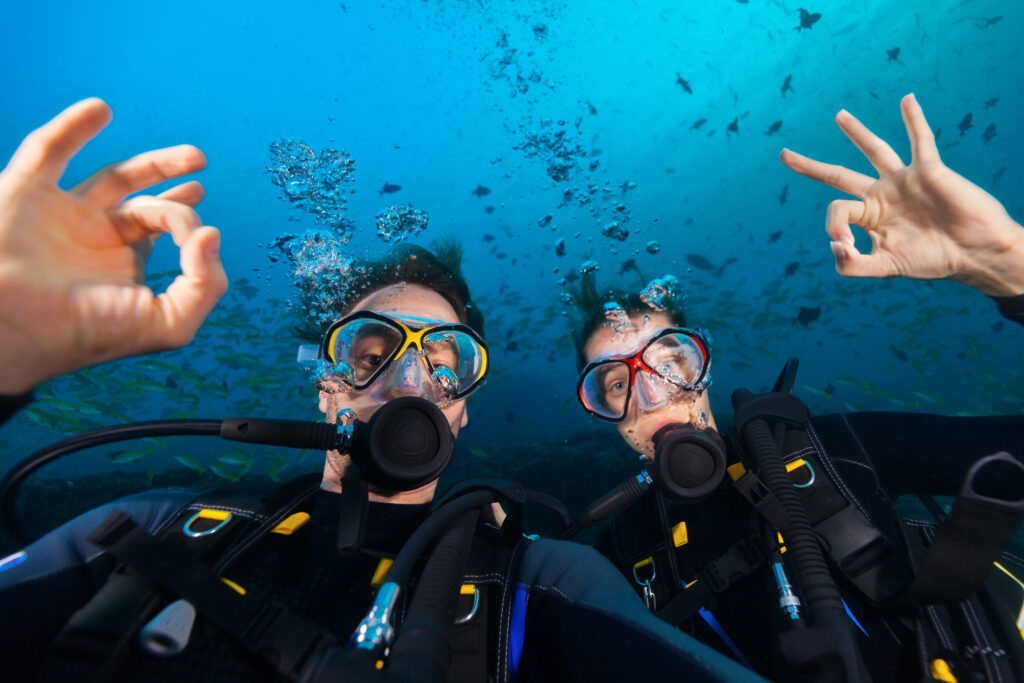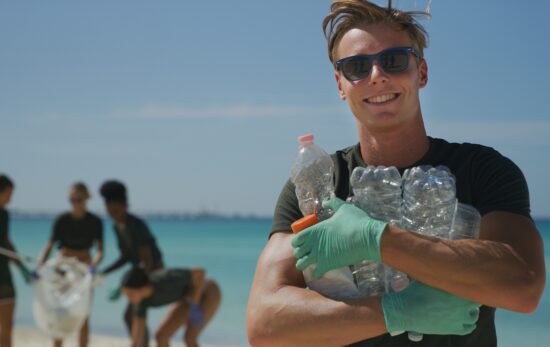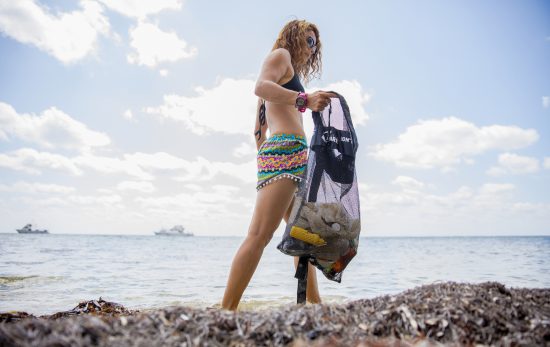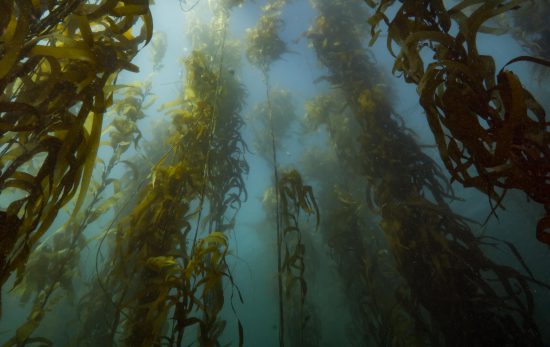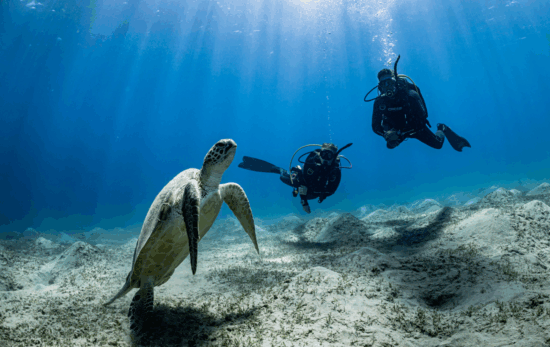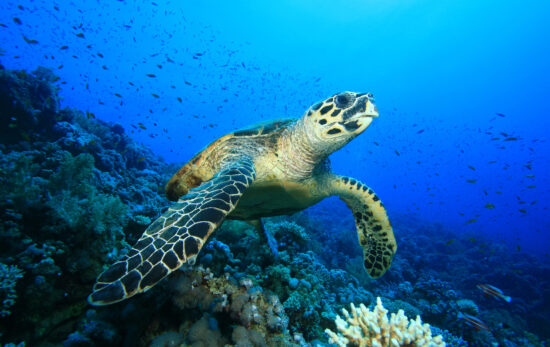How do we fight plastic pollution and clean up our oceans? Together, of course! The Ocean Cleanup, PADI and PADI AWARE Foundation joined forces to create a massive cleanup collaboration that will leverage The Ocean Cleanup’s advanced technologies and the power of the PADI dive community to inform efficient and ocean-friendly waste management policies around the world.
A Mega Marine Debris Problem
Before we can solve the problem, we have to understand it. Firstly, where do plastic pollution and other marine debris in our oceans come from? The answer is us. According to the Dive Against Debris Specialty course, 80% of debris in our oceans comes from land-based sources. Our trash washes down drains and rivers and comes off of poorly-managed dumps and industrial centers. Then, in the ocean, it continues to harm marine life and habitats.
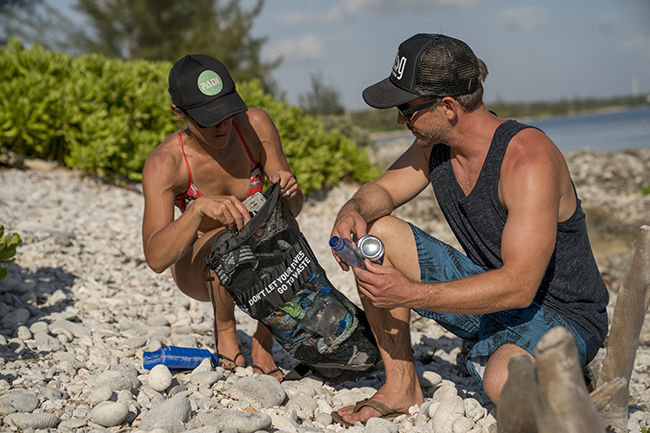
Why Plastic?
Plastics make up the majority of marine debris – 80% according to some research. Moreover, plastics don’t biodegrade in the natural environment. Therefore, every piece of plastic ever created still exists, causing harm to sensitive benthic environments like coral reefs and degrading coastal habitats.
In addition, as marine plastics break down into microplastics, they become harder to clean up and get mistaken for food by sea life. The toxins work their way up the food chain to humans.
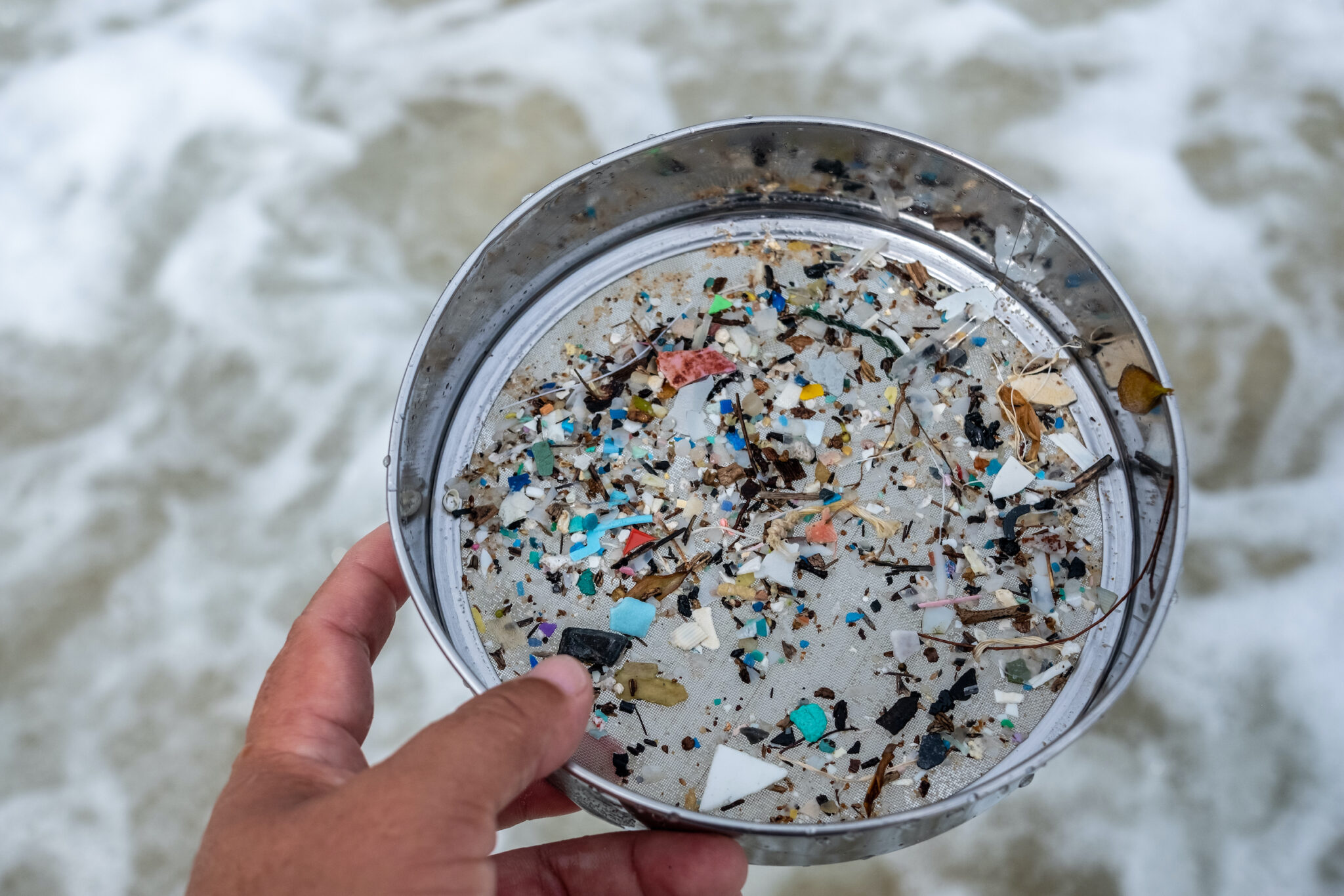
At this time, The Ocean Cleanup believes there are over 5 trillion pieces of plastic pollution currently littering the ocean. These sink to the ocean floor or move about with ocean currents. Much of the latter accumulates in five ocean garbage patches, the largest being the Great Pacific Garbage Patch.
A Cool Collaboration
In other words, this is a big problem. And, big problems require massive, coordinated solutions. Luckily, according to PADI, PADI AWARE Foundation and The Ocean Cleanup, we can fight the plastic pollution crisis by:
- Preventing more plastic from flowing into the ocean
- Cleaning up and removing what is already out there
- Collecting data and collaborating to better-inform waste management policies
Thus, these three organizations have formed a global partnership to tackle ocean plastic pollution.
(1) Plastic Prevention
For the global PADI family, stemming plastic pollution involves shifting personal routines ‘upstream’ to reduce the amount of trash we create. Furthermore, PADI uses specialty courses like the new Dive Against Debris Specialty to underscore how our daily plastic use contributes to the global marine debris issue. Overall, the goal is to become more responsible about our plastic habits to help our oceans.
For The Ocean Cleanup, ‘upstream’ solutions are literally upstream! “For work in rivers, we use Interceptor™ Solutions to collect and extract plastic before it can reach the ocean,” explained Matthias Egger, Lead Ocean Field Scientist.
The idea behind this is simple but effective: prevent trash from entering waterways in the first place. The Ocean Cleanup installs Interceptors that remove floating plastic in rivers that lead to the oceans. This initiative aims to stop 80% of riverine plastic pollution from entering the ocean.
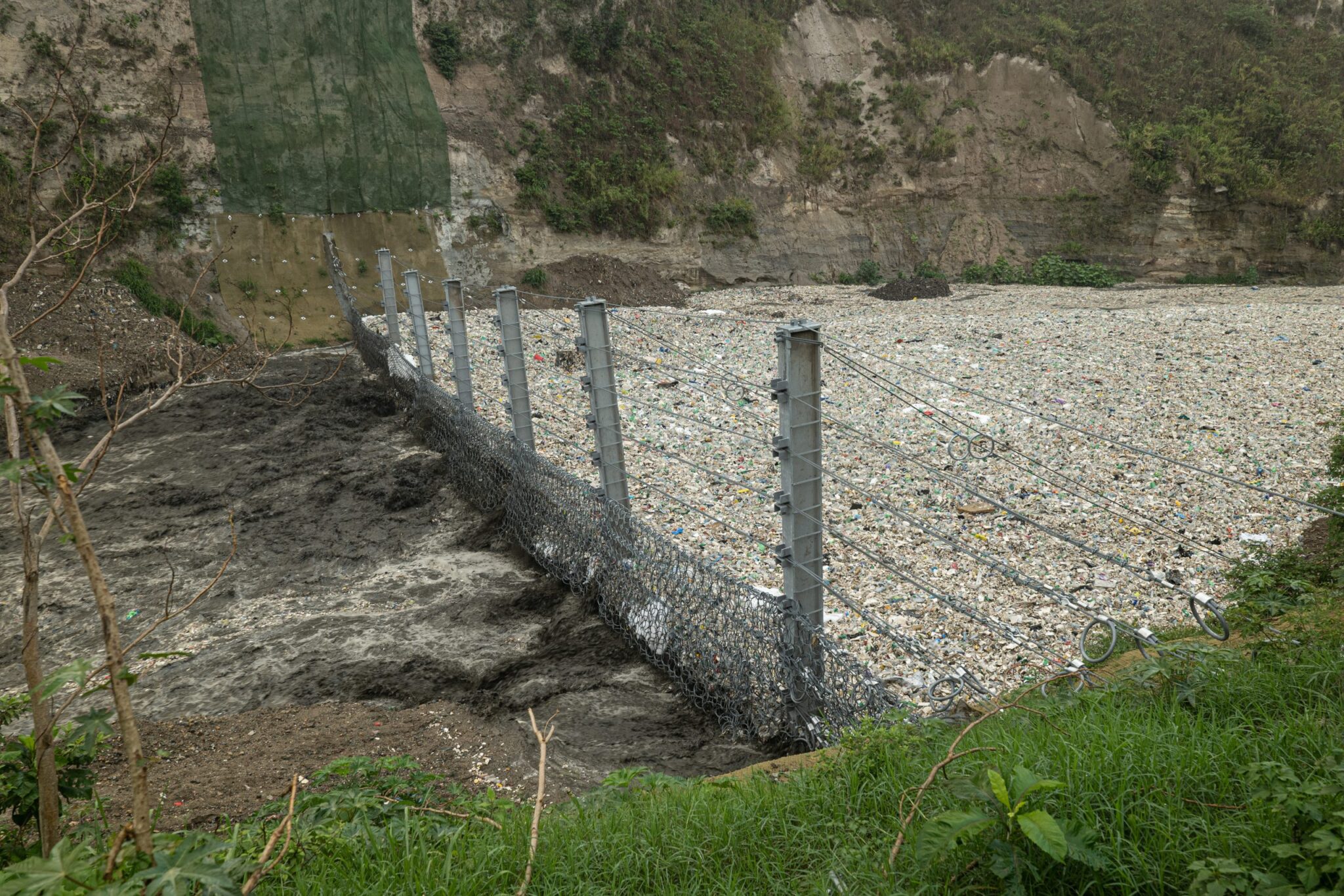
(2) Concentrated Cleanup
As for existing marine trash, PADI, PADI AWARE and The Ocean Cleanup all work to remove what’s already out there. For PADI and PADI AWARE, this means our global community of divers conducting Dives Against Debris – and lots of them!
“We are powerful as an industry because only divers can safely remove underwater debris [without causing] further damage to the ecosystem being cleaned,” said Juanita Seino, PADI America’s Programs and Operations. “… [S]cuba diving is more than an extreme or luxury sport.”
The Ocean Cleanup also removes legacy pollution from places like the massive garbage patches. The Dutch company develops and manages large-scale systems that concentrate and then extract, debris, Egger explained. Eventually, these are processed and recycled into new products.
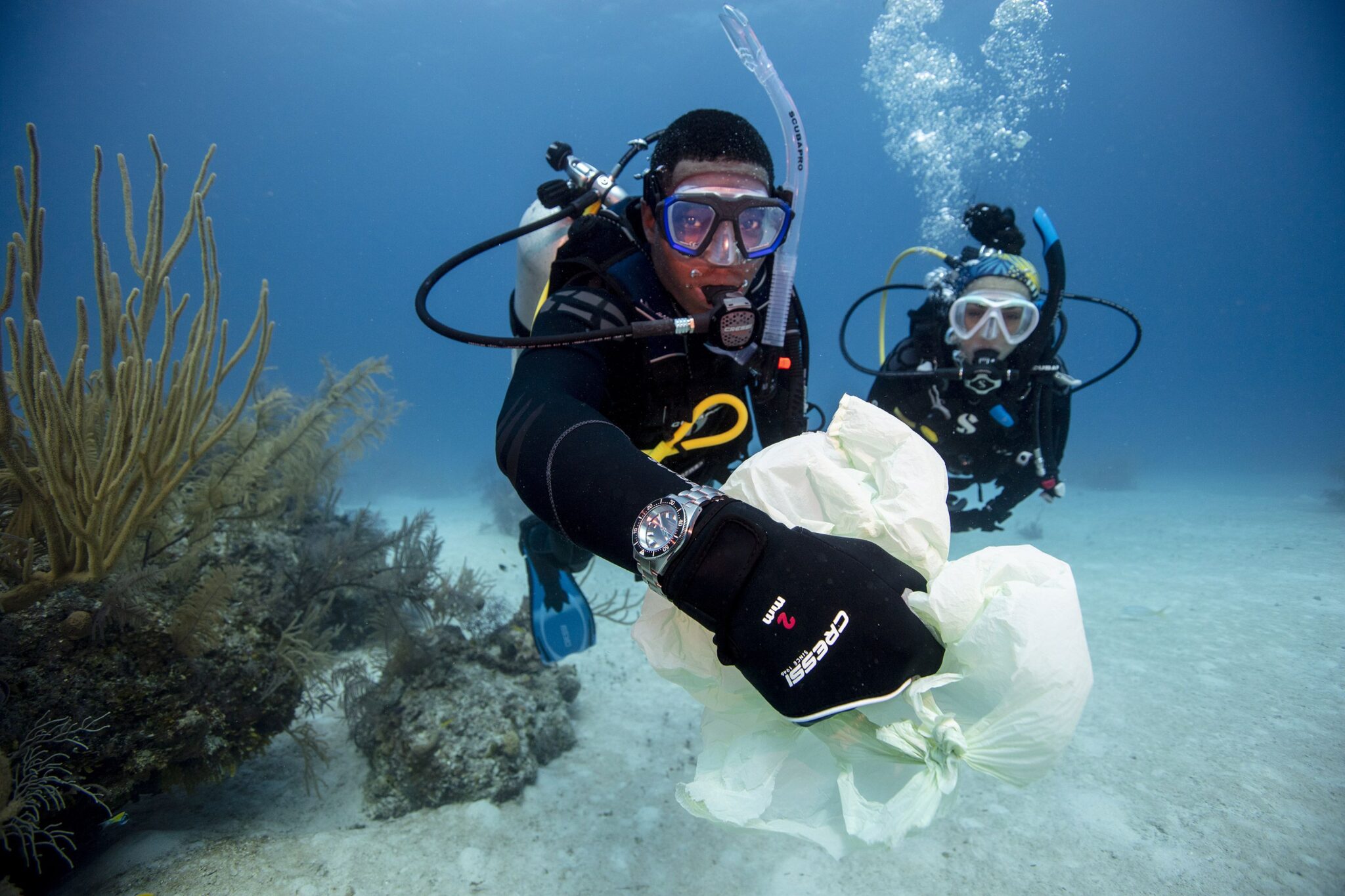
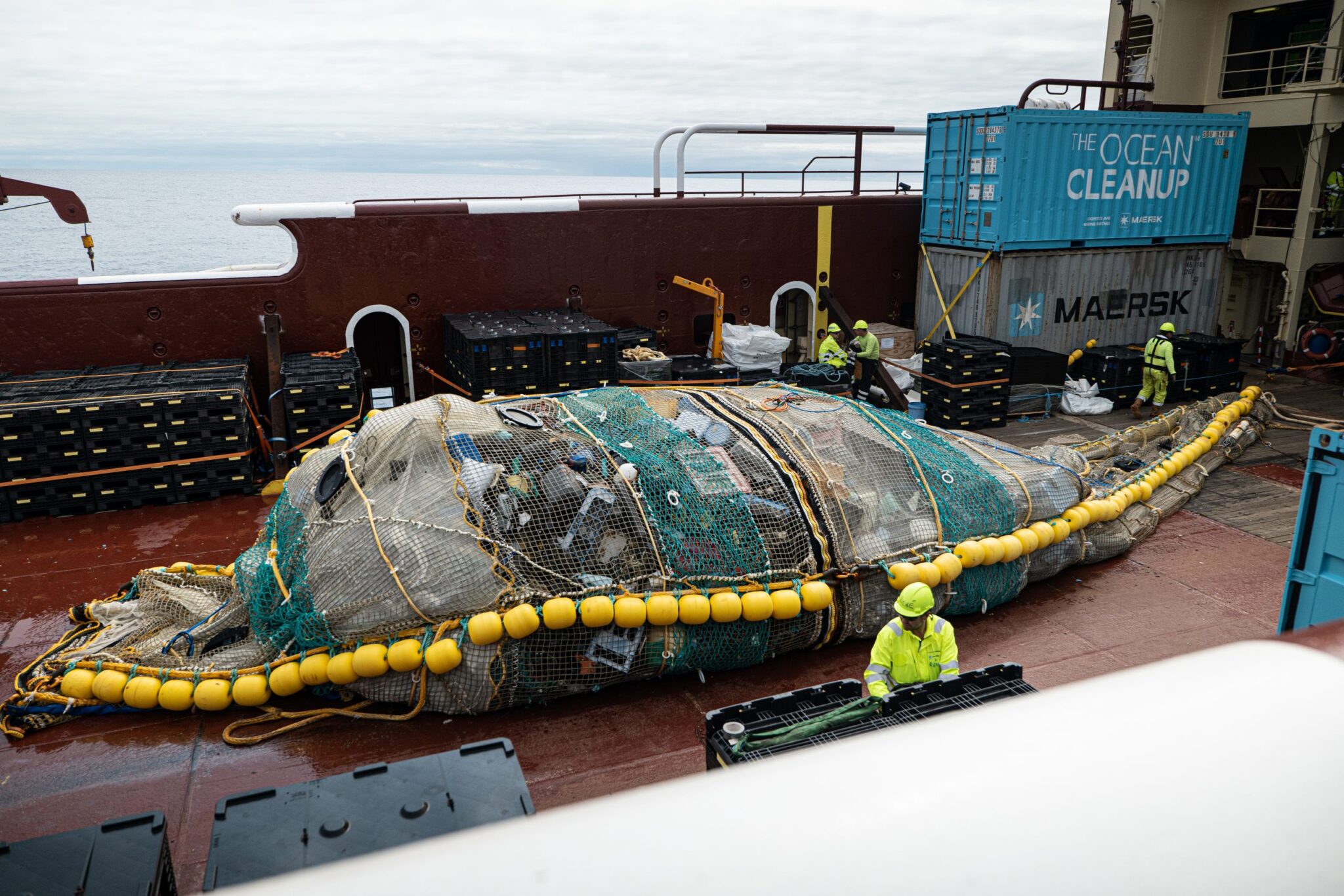
(3) Driven by Data and Collaboration
The really exciting opportunity involves the data and what it can be used for.
“PADI has the manpower and the ‘long and successful track record’ of removing and recording marine debris through the PADI AWARE Dive Against Debris citizen science program,” said Ian Campbell, PADI AWARE’s Associate Director of Policy and Campaigns. “In fact, nearly 12 years’ worth of data from divers is already driving policy decisions that prevent plastics from entering the oceans,” he noted.
The Ocean Cleanup has developed scalable plastic prevention technologies to deploy in rivers and oceans. They will serve as technical and scientific experts in the collaboration. Prototype for this collaborative effort in Malaysia and the Dominican Republic look promising, with plans to scale this technology to the world’s most polluting rivers and all countries PADI operates in.
Furthermore, PADI AWARE Foundation’s Community Grant will help more divers and shops join in.
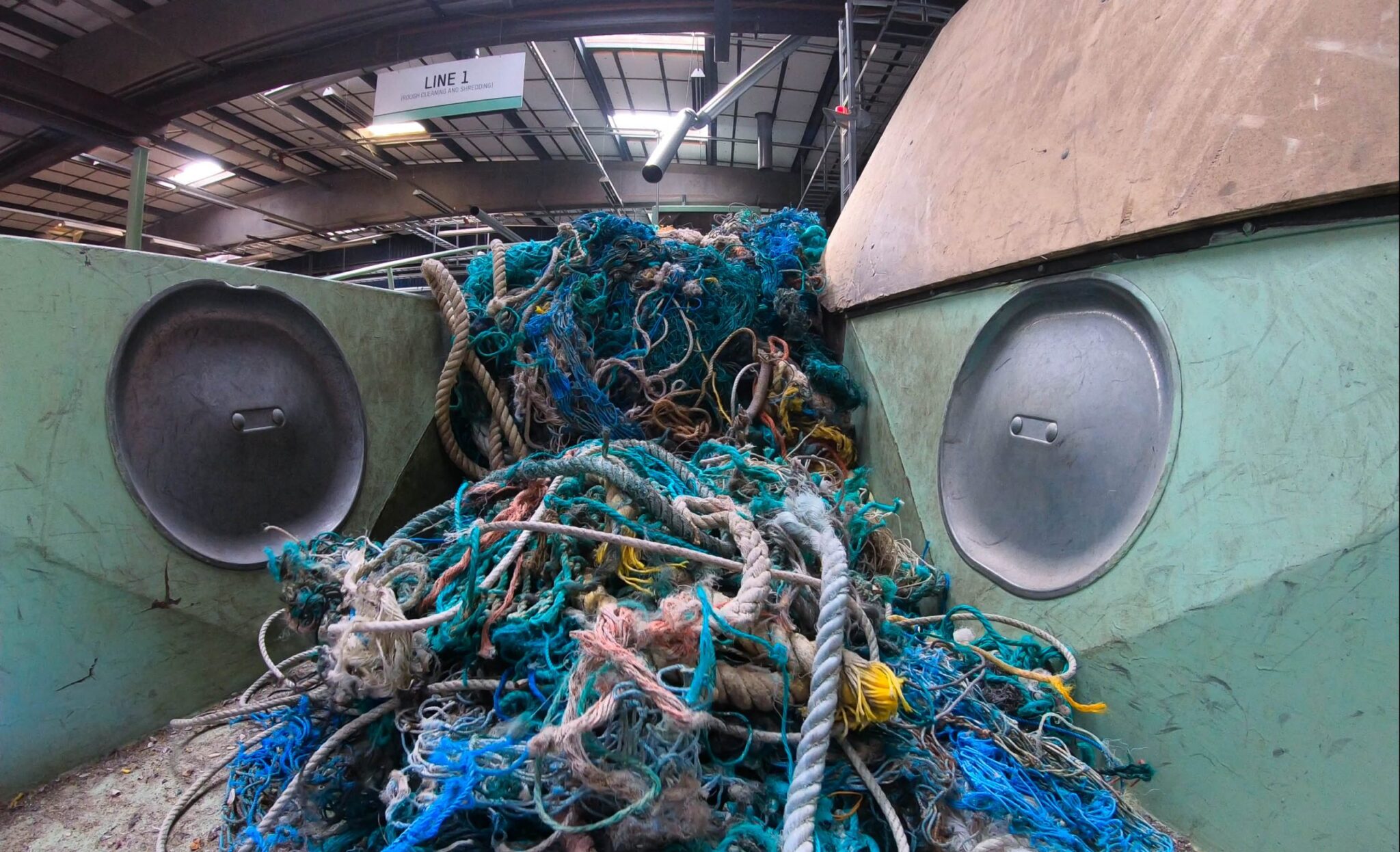
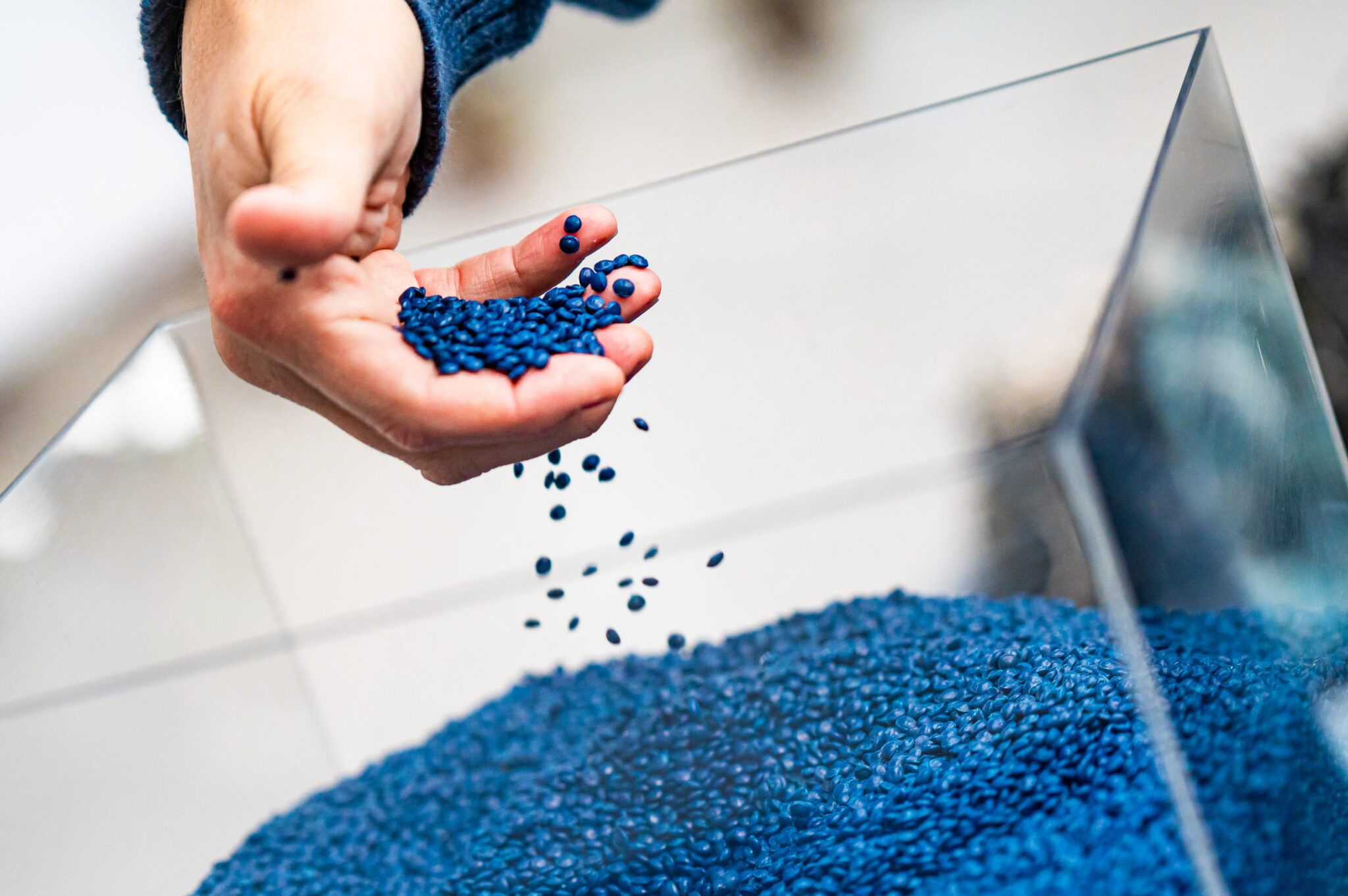
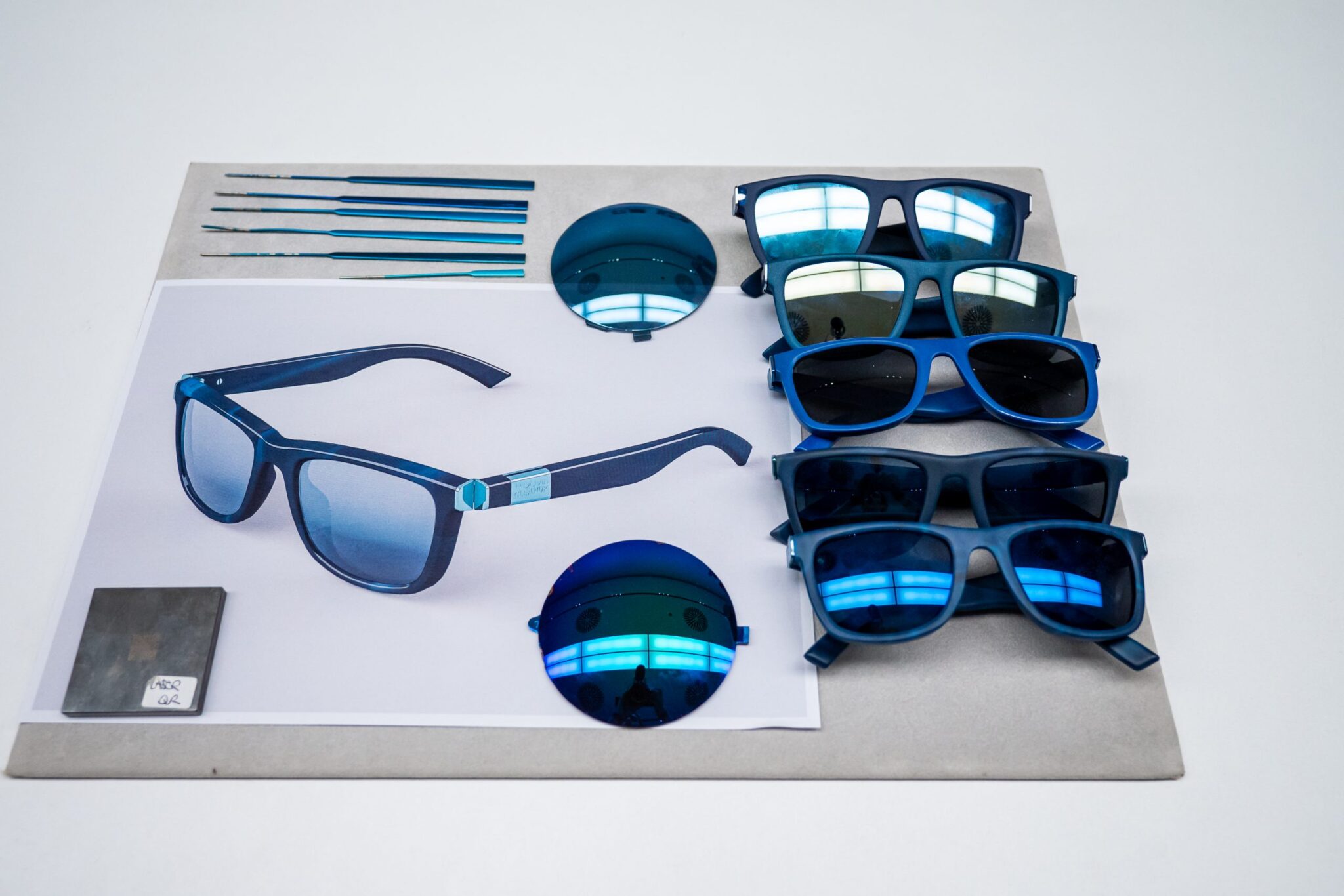
Putting It All Together
“In order to rid the world’s oceans of plastic we need data – lots of it,” Egger said.
“First, The Ocean Cleanup will strategically deploy their Interceptors and ocean cleanup technologies. Then, PADI’s army of citizen scientist-divers will act as the eyes on the seafloor, monitoring marine debris levels,” Campbell said. For example, divers can conduct regular debris surveys at the surface and underwater in areas nearby new The Ocean Cleanup Interceptors and connected ocean dive sites. That data, including how much plastic appears in the water column before and after an Interceptor is placed, can help governments evaluate how effective these measures are.
“Essentially, the Dive Against Debris program can generate long-term datasets on 100 different debris items in a hyper-local way, which creates evidence for how effective mitigation measures are,” Campbell said.
“The continuous data flow allows The Ocean Cleanup to scale its data and research capabilities even further,” Egger added.
Let’s Pitch In Against Plastic Pollution
Finally, the coolest part about this collaboration is how we, divers, can help! “Divers are ocean experts with invaluable knowledge about local sites,” Eggers said. This leads to high-quality data on plastic pollution that can inform The Ocean Cleanup’s deployment choices and optimize cleanup strategies.

What We Can Do:
- Download The Ocean Cleanup Survey App from Google Play or the Apple App Store.
- Download the PADI AWARE App from Google Play or the Apple App Store.
- Participate in Dives Against Debris and other cleanup efforts.
- Always log what we find on Dives Against Debris and other survey dives – even if it’s ‘nothing’.
- Become PADI Marine Debris Torchbearers and recruit more participants.
Then, our data can literally be mapped alongside that of other divers and ocean activists. In this way, individual actions become part of this groundswell effort to rid our oceans of plastic pollution.
“This is a perfect win-win situation,” Eggers added. “For the scientists, the divers, and the oceans.”
